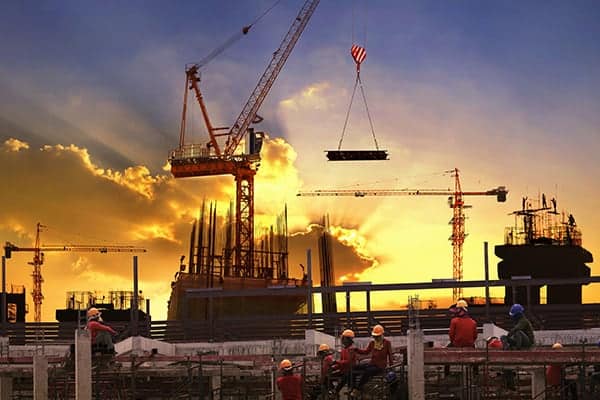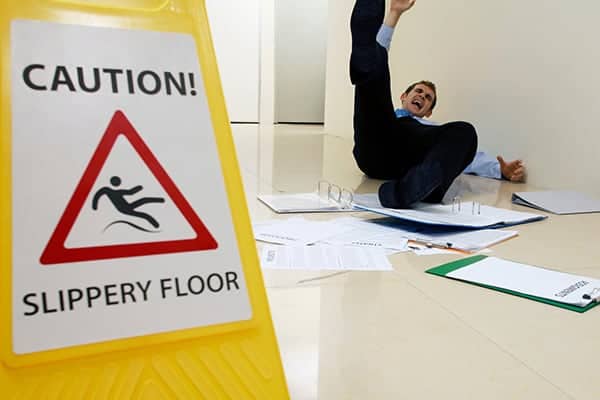
COVID-19: Construction – between a rock and a hard place
Posted on 4th May 2020 by Phil Ainley
In response to the strict social distancing measures now in place across the UK, the construction industry is challenged between the need to follow Government advice so they can protect their valuable workforce but also ensuring construction workers can reach sites or projects.
Many firms in the sector currently feel stuck between a rock and a hard place, so we’ve broken down where the construction industry currently stands amongst all of the Coronavirus chaos.
Construction sites can stay open
Although several major construction firms have already closed all of their sites, the fact still remains that many projects have been left open. Indeed, in an update on 27 March 2020, the UK Government has not asked construction sites to close,[i] stating work can continue if it is done safely.
One of the core questions around this issue is whether construction workers can be classified as ‘essential workers’ or not.
Essential worker status
Some construction firms have already assigned this status to their workers and are advising those travelling to or from work to state they are ‘essential workers’ if they are challenged over why they are travelling. In addition, some employers are issuing letters to staff that they can present to verify their reason for travel.
At times like this, we usually look to guidance from our respected trade bodies but, unfortunately, there are conflicting views here too.
The views of trade bodies
The ECA has reiterated the Government’s position that construction (and maintenance) can continue, subject to meeting essential conditions. However, they have added that “this has been a fast-moving situation and this position may change”.
The current view of the CLC is that work should only continue if:
- it can be carried out under the guidance issued by Public Health England
- it can be undertaken without any compromising on safety and health
- it’s done in accordance with the new Site Operating Procedure (SOP)
- workers can travel safely and responsibly to sites.
In contrast, the Federation of Master Builders has suggested that only emergency and critical construction work should be allowed to continue.
Financial help
Recognising the huge impact this will have on workers and firms in the sector, The FMB and other Trade Associations have called on the Government to extend the financial help available to building firms and the self-employed in order to protect the health and livelihoods of the construction industry’s workers.
Currently, the grant funding available to businesses from the Government (up to £25k) is only available to retail, leisure and hospitality firms, not construction, building and building services firms.
Keep your distance
Where building work does continue – whether on major construction sites, smaller projects, maintenance or domestic projects – COVID-19 protection and prevention measures should be built into all aspects of risk management practices, and included in daily safety briefings and toolbox talks. All firms need to keep drumming home the need for social distancing.
This situation is likely to evolve over the coming days and weeks so it is vital firms take responsibility for keeping themselves appraised and heed new instructions relating to construction, building and maintenance work.
In the meantime, employers are advised to check the latest Government, HSE and NHS guidance on dealing with and preventing the spread of COVID-19.
To see more COVID-19 related content and how Markel UK are assisting policyholders and brokers, visit the Markel COVID-19 Hub.
https://www.gov.uk/guidance/remediation-and-covid-19-building-safety-update-27-march-2020
If you would like a quote for your business insurance, please call our friendly award-winning team on 0333 321 1403 today, or click to get a quick online quote in minutes!
Click here for a quick online business insurance quote
Related Articles:
Further guidance issued on furloughing employees and the Coronavirus Job Retention Scheme (CJRS)
Useful Links

Professional Indemnity Insurance
Protects against claims of alleged negligence in your professional services, advice and designs.

Public Liability Insurance
Protects against claims of injury to third-parties or damage to a third-party's property.

Personal Accident Insurance
Cover for work injuries, illnesses caused by work and compensation awards.

